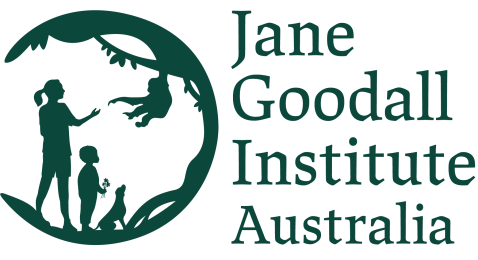
By Zara Bending, Board Director, JGIA
The President of the Republic of Malawi, H. E. Dr. Lazarus McCarthy Chakwera has issued a statement joining Angola, Costa Rica and Gabon in calling for an additional Protocol under the United Nations Convention against Transnational Organised Crime (UNTOC) on preventing and combating illicit wildlife trafficking:
“Malawi is determined to sustain its global reputation as a bastion and haven of flora and fauna diversity, as well as its impressive track record of tackling the illicit trade of ivory, for which it has been recognised internationally.”
“We can no longer stand by as we witness the destruction of our nation’s natural heritage. I therefore proudly support the call to action of President Ali Bongo Ondimba, President Carlos Alvarado Quesada and President Joao Lourenco and urge other countries to do the same.”
In response to the President’s statement, John Scanlon AO, Chair of The Global Initiative to End Wildlife Crime (EWC), commended Malawi’s extraordinary environmental leadership, describing the Southern African country “as a global leader in wildlife conservation and in tackling illicit wildlife trafficking”.
“The EWC Initiative offers its full support to Malawi in advancing its calls for an additional protocol.”
“Malawi continues to demonstrate strong leadership in combating wildlife trafficking. As a founding steering group member of the Global Initiative to End Wildlife Crime, the ICCF Group commends President Chakwera’s endorsement of a new international agreement” added Susan Herman Lylis, Executive Vice President of the ICCF Group.

The Jane Goodall Institute Global (JGIG) is a proud International Champion of the Global Initiative to End Wildlife Crime. JGIG representative to the Initiative, Zara Bending, underscored the following upon Malawi’s announcement:
“We and our fellow EWC International Champions know that wildlife crime is a global problem requiring global collaboration to prevent and combat its reach. That collaboration, however, needs to be coordinated within an appropriate legal framework that is fit-for-purpose. We ardently support a Protocol to UNTOC as the best path forward. If adopted, the Protocol would be the fourth to UNTOC – the others concerning human trafficking, migrant smuggling, and illegal manufacturing and trafficking in firearms.”
Despite numerous calls, transnational, organised wildlife crime is not treated as a priority in most nations – with biodiverse-rich source countries being the most seriously impacted. Angola, Costa Rica and Gabon and Malawi have invited other States to align with them in sending an unequivocal message of the devastating scale, nature and consequences of wildlife crime to communities, ecosystems and wildlife, and of the need to scale up global cooperative efforts to combat and prevent them.
To find out more about a proposed UNTOC Protocol, available in several languages, head to endwildlifecrime.org) and be sure to listen to Jane’s Hopecast episode with EWC Chair, John Scanlon.
Image cre:
Top: A pile of tusks awaiting destruction in Kenya. The tusks – from about 8,000 elephants – would be worth more than $105 million on the black market. Conservationists worry that there is a a real threat of elephants becoming extinct in the next 50 years because of poaching bankrolled by the illegal trade in ivory. Photo: Paul Hilton
Middle: Zara Bending leads JGIG’s End Wildlife Crime campaign. She is an award-winning lecturer and internationally published researcher specialising in criminal, environmental and medical law.









